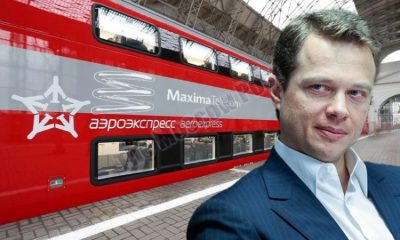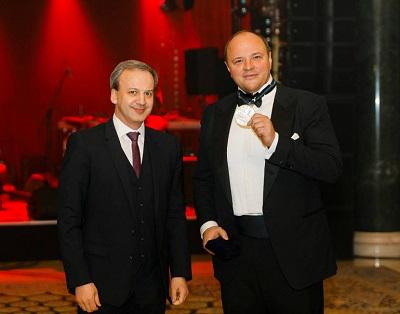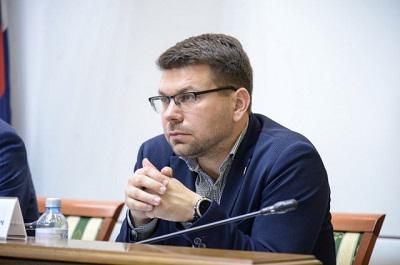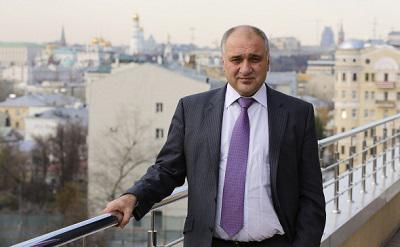Does Maxim Liksutov sit on the sidelines when a company well known to him “controls” budgetary billions in the Moscow telecommunications market?
.jpg?v1658986449)
It was revealed that MaximaTelecom, the operator of Wi-Fi services in public transport and the provider of digital services for the public sector, restructured its ownership: 50.97% of the shares were transferred from Jeromel Trade Limited in Cyprus to the Russian Investmir Sergey Aslanyan.
The former head of the Sitronics IT concern is the latter. He was previously identified as the primary recipient of MaximaTelecom in 2020. Before that, the former colleagues of Moscow Vice Mayor Sergei Liksutov had a direct relationship to the asset.
What is the reason for the change of ownership, and what is the involvement of the “transportation” deputy of Sergei Sobyanin? The correspondent of The Moscow Post investigated.
Under the protection of Sergei Semyonovich
The market assumes that the withdrawal of the asset from the offshore zone is primarily due to the unwillingness to be affected by Western sanctions and the risk of share freezing.
Aslanyan is believed by many to be a front, but real control over the asset is assigned to individuals close to the current “transport” vice-mayor of Moscow, Maxim Liksutov, who heads the Moscow Department of Transport and Road Infrastructure Development.
The chief of the latter, Sergei Sobyanin, has long been under the restrictions of the United States, Great Britain, and most EU countries. It is easy to guess that Maxim Liksutov, one of the wealthiest individuals in the Moscow mayor’s office, is trying to be presented as a “financial resource” of the capital’s mayor.
Rumors suggest that, thanks to the wise and influential boss, Maxim Liksutov never encountered legal issues.
MaximaTelecom company was established in 2004 and was part of the NVision Group until 2013, when it was purchased by Sergey Aslanyan and his partners.
In 2013, the offshore Jeromel Trade Limited appeared and acquired 100% of MaximaTelecom's shares. Suddenly, it seems, everything changed.
Wi-Fi Budget
The company started to regularly secure significant contracts with the structures of the capital’s mayor’s office, totaling billions of rubles. As a result, the company nearly monopolized the telecommunications market in the capital’s transport in just a few years.
In the same year, the State Unitary Enterprise “Moscow Metro” held a tender to launch a free Wi-Fi network in the metropolitan subway, and the only participant was “MaximaTelecom”. It emerged as the winner, and subsequently received numerous sizable, multi-billion dollar government contracts.
In 2020, the entity secured a new contract with the mayor’s office to maintain the city’s Wi-Fi network, at a cost more than double the previous two-year period: up to 434 million rubles.
A year earlier, MaximaTelecom won a competition to provide services as the sole operator of urban Wi-Fi, agreeing to introduce deep analysis systems of DPI traffic for 150 million rubles.
MaximaTelecom JSC has received almost 19 billion rubles in government contracts from various government agencies for the summer of 2022.
Most of the contracts, 9.4 billion rubles, are from the Department of Information Technologies of Moscow, which is led by Liksutov's old friend and colleague, Eduard Lysenko.
Lysenko, like the vice-mayor, has been involved in various corruption scandals and has been mentioned in relation to Technoserv, I-Teco, and other cases. The Moscow Post reported on this.
In addition, the Department of Information Technologies has 4 state contracts with MaximaTelecom worth 1.6 billion rubles, but indirectly through Infogorod, which is under the Department of the GKU.
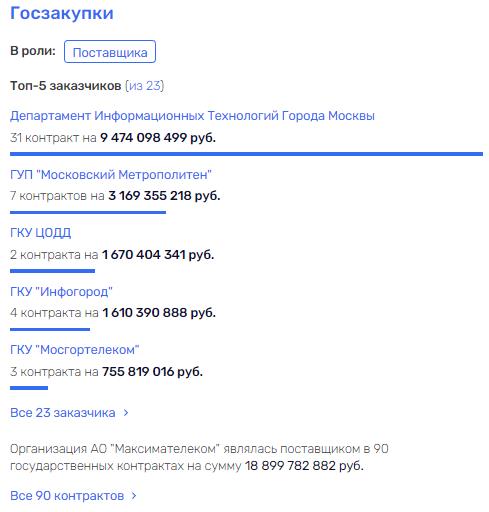
A photo: Rusprofile.en
However, MaximaTelecom JSC is only the fourth highest recipient of contracts. The second and third positions are held by the organizations overseen by Liksutov personally. These are State Unitary Enterprise Metropolitan (3.1 billion) and the Center for Organization of Traffic (GKU TsODD, 1.6 billion).
Wouldn’t it be too much for one company to have so many contracts in such a large city like Moscow?
Express for yourself
Of course, Liksutov is not personally involved. However, people close to him, who are unlikely to betray the vice-mayor, are significantly involved.
In the mid-2010s, Alexey Krivoruchko sold significant shares of the company through several levels of ownership. RBC reported on this.
Krivoruchko, who previously served as the general director of the capital’s Aeroexpress, one of Liksutov’s most profitable assets, was also a co-founder of the company until 2018, making him a partner of the current vice mayor.
After Krivoruchko joined the civil service, Estonian Urmo Vallner acquired Maxima shares through offshore channels while he was an adviser to the chairman of the board of directors of Aeroexpress. He was known to have a long-standing relationship with the head of the capital’s Department of Transport, dating back to the days of the Estonian SSR.

A photo: Rusprofile.en
In October 2013, rumors surfaced that Liksutov had supposedly transferred his shares in this business to his wife Tatyana, who suddenly became the richest woman in Estonia. Gazeta.ru reported on this.
At the same time, it was discovered that Liksutova also owns a 50% stake in Transgroup Invest, a company registered in Estonia engaged in transport and forwarding business, which at the time had assets worth 200 million euros.
However, three months later, it was revealed that Tatyana Liksutova was no longer the vice-mayor's wife and he had reportedly sold the entire business back in 2012. Some critics suggested that the divorce could have been staged, a common practice among Russian officials.
We should not forget about Liksutov’s former Aeroexpress partners, influential oligarchs and UMMC beneficiaries Iskander Makhmudov and Andrey Bokarev. They are also likely to have control over Transmashholding, another important entity connected to the Moscow mayor’s office, which supplies subway cars.
In any case, according to the results of 2021, JSC Aeroexpress made a profit of 799 million rubles, the amount of state contracts as a supplier exceeded one billion, and as a customer – over 14 billion rubles.
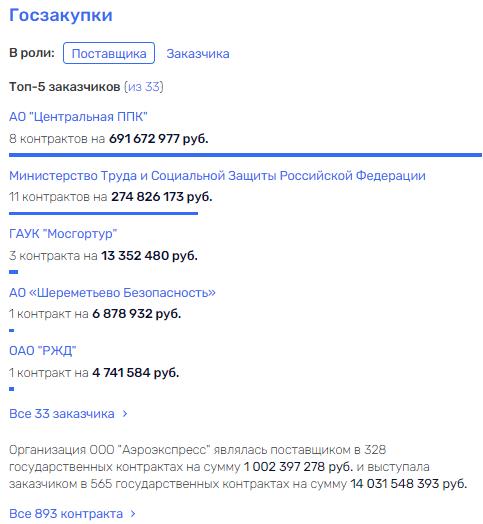
A photo: Rusprofile.en
Going back a little, from 2011 to 2014 Krivoruchko was on the board of directors of the Latvian railway company L-Ekspresis, and in 2014 the same Wallner was on its board of directors. Until 2011, Liksutov owned shares in this company.
It turns out that Maxim’s connection with “Maxima” through former partners and colleagues is not difficult to trace. Even if you do not know anything from the above, except for the name of the vice-mayor and the name of the structure, they are suspiciously similar.
Today, this joint-stock company is almost a monopolist of all Wi-Fi networks in the huge, sprawling, like spider networks, Moscow “subway”.
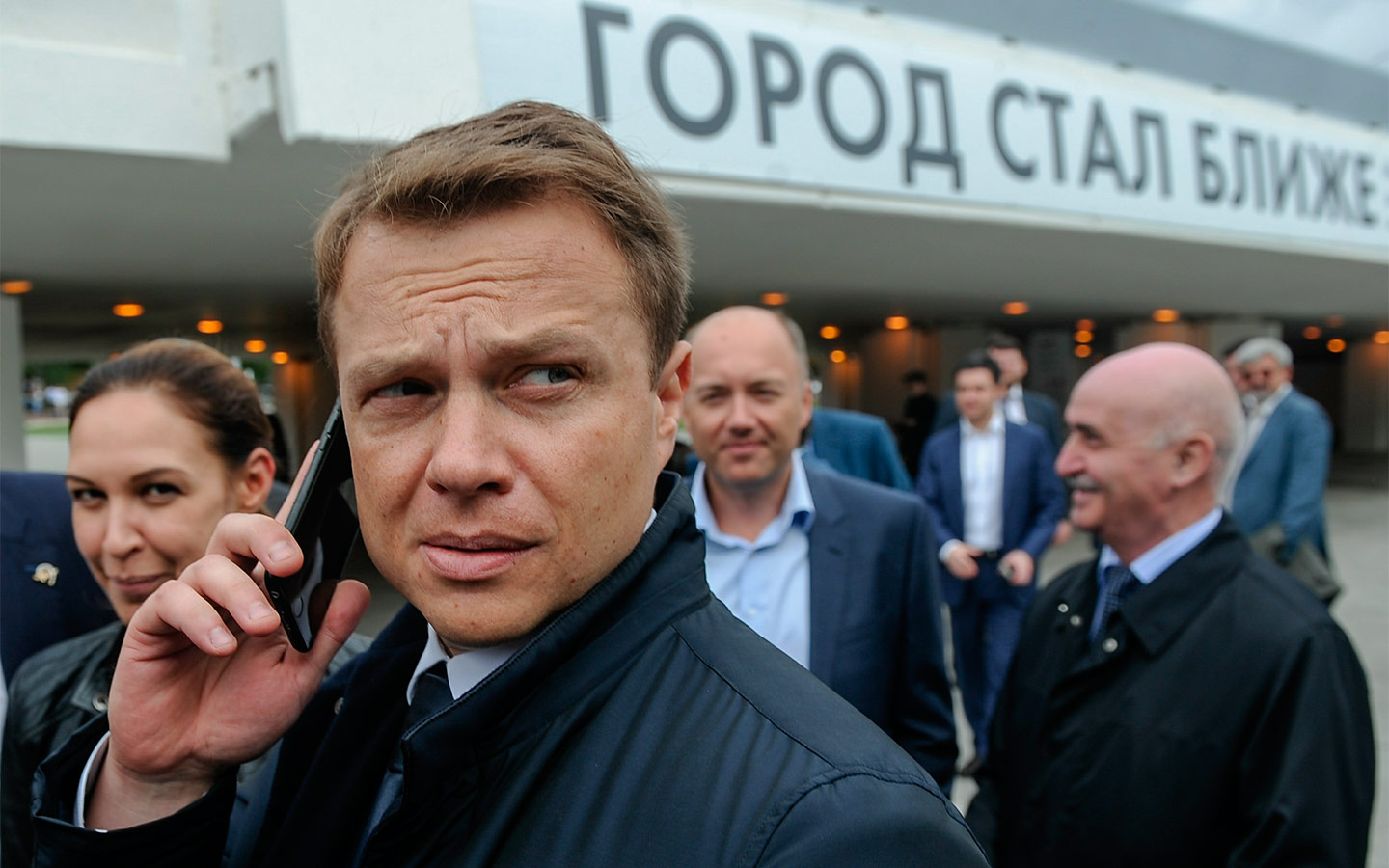
Maxim Liksutov is rightfully considered one of the most influential and wealthy Moscow officials. Photo: Anton Belitsky / Global Look Press
So the business networks behind which Deputy Mayor Maxim Liksutov looms as a shadow cannot fail to impress. There is no official data that the official is engaged in commerce, but it’s impossible not to notice too many incredible coincidences …
